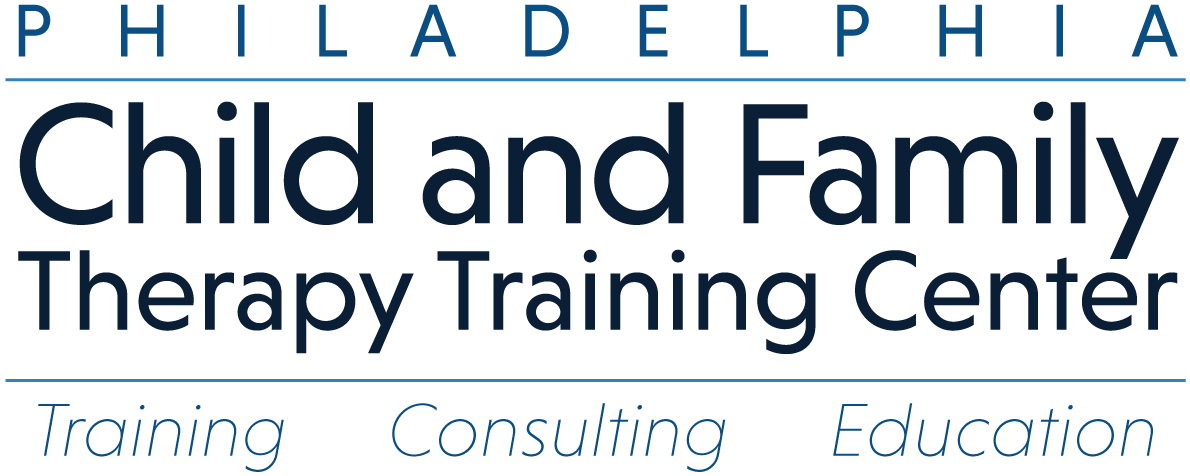
1. Parenting Styles and Discipline
- Family Connection: The way parents enforce rules, boundaries, and discipline within the home.
- Social Ecology Impact: Cultural norms and societal expectations often shape parenting approaches, such as collectivist cultures emphasizing obedience and respect or individualist cultures prioritizing independence.
2. Conflict Resolution
- Family Connection: How family members handle disagreements, whether through open dialogue, avoidance, or escalated arguments.
- Social Ecology Impact: Broader societal influences, such as workplace stress or community norms about emotional expression, can affect how conflict is addressed within families.
3. Celebrations and Traditions
- Family Connection: Birthdays, holidays, or rituals unique to the family.
- Social Ecology Impact: Traditions may be influenced by cultural heritage, religious practices, and the family’s interaction with their local community.
4. Family Roles and Responsibilities
- Family Connection: Expectations for caregiving, household chores, or decision-making responsibilities.
- Social Ecology Impact: Economic conditions, gender roles, and societal shifts (e.g., dual-income households) shape these roles within the family.
5. Emotional Support Systems
- Family Connection: Families offering encouragement during stress or celebrating achievements.
- Social Ecology Impact: Access to community resources, social networks, or extended family involvement can enhance or limit a family’s ability to provide emotional support.
6. Communication Patterns
- Family Connection: The frequency and style of communication between family members (e.g., open, hierarchical, or minimal).
- Social Ecology Impact: Broader influences, like technology use, workplace demands, or societal norms around expressing feelings, can shape how families communicate.
7. Routines and Daily Practices
- Family Connection: Shared meals, bedtime routines, or weekend activities.
- Social Ecology Impact: Work schedules, school systems, and neighborhood safety often determine the feasibility of maintaining routines.
8. Adaptation to Stress and Change
- Family Connection: How families cope with financial difficulties, relocation, or loss.
- Social Ecology Impact: Access to support systems (like religious organizations, community groups, or healthcare services) significantly influences a family’s resilience.
9. Education and Learning Support
- Family Connection: Parents assisting children with homework or prioritizing education.
- Social Ecology Impact: The quality of schools, availability of resources, and societal attitudes toward education play a role in shaping these family interactions.
10. Health Practices
- Family Connection: Meal choices, exercise habits, or approaches to healthcare.
- Social Ecology Impact: Broader health trends, access to healthcare facilities, and community attitudes toward wellness often intersect with family practices.
